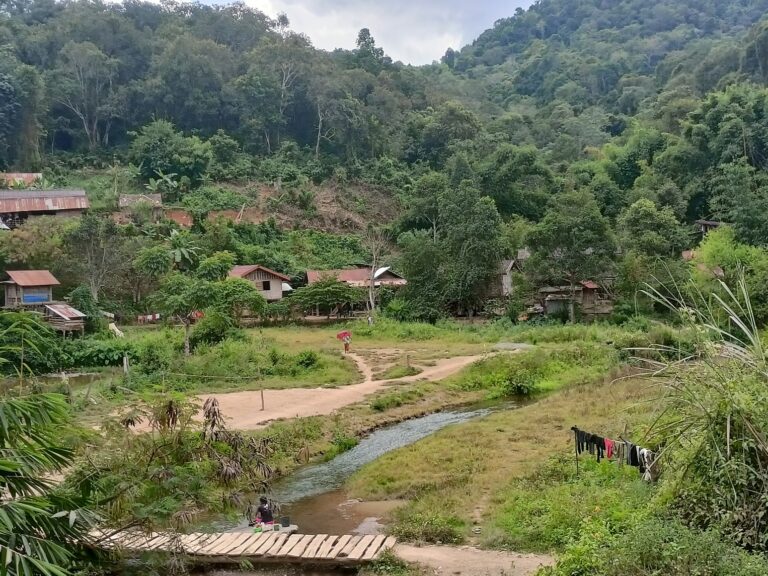Project Context
Benin faced increasing vulnerability to climate change, with extreme weather events—such as droughts, floods, and coastal erosion—impacting agriculture, health, water, infrastructure, and tourism. The National Adaptation Plan (NAP) called for urgent efforts to strengthen resilience and climate adaptation planning. However, limited access to reliable, localized climate data, particularly at the municipal level, hindered effective risk assessment and coordination. To address these gaps, the UN Capital Development Fund (UNCDF), through its LoCAL program, commissioned a feasibility study for the Local Information System for Adaptation (LISA)—a digital platform designed to consolidate climate data and support local governments in risk-sensitive decision-making.




